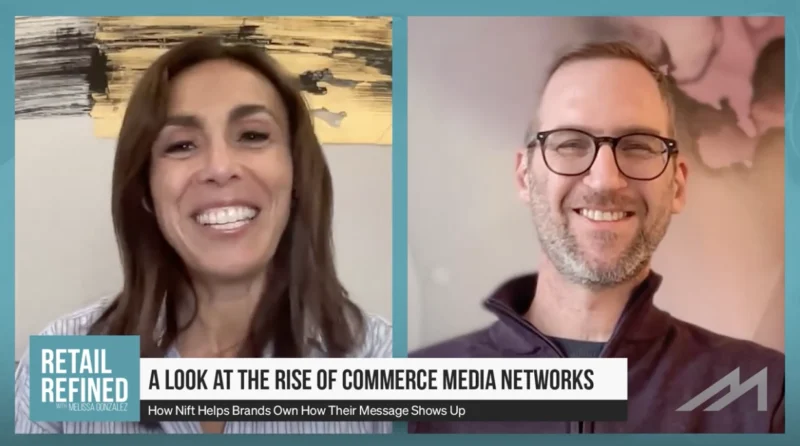How Hotels Spark Retail Growth
Retail brands and retailers are no strangers to the hotel experience. Mid to high-end hotels around the world have been “shoppable” for years, with many if not all the items in a given room being available for purchase right off the wall.
Recently, retail brands have taken this industry partnership to a new level. A handful of intrepid brands have escalated their involvement with hotel partners and others have gone so far as to open a hotel based entirely around their brand. While this trend gains traction, many are still skeptical that the advantages are worth the cost.
Traditional retailers have been forced to adapt or die in recent years, with America being more “over-stored” than ever before.[1] A key adaptation has become “experiential retail,” where a brand shifts from products on a shelf to an in-store experience, and in some cases a lifestyle.[2]
This approach has even more potential with millennials, a growing market that is particularly stubborn about connecting with brands. While in-store amenities and demonstrations can make an impact, bringing brands into the hotel space has set a new standard for branded experience.
Hotels are an ideal platform to push the limits of experiential retail, as retailers look for the next big thing and hotels look for disruption to drive new growth.[3] Together, high-end fashion designers have designed rooms to “envelop” potential customers and generate multiple brand touches that are highly controlled and are not competing on the racks.
While every item in a room can be shoppable, the hotel lobby is getting a facelift as well. Convenience shops are going deluxe.[4] Local artists and luxury brands take precedence over Ibuprofen and bottled water. Some hotels have even established an artist-in-residence, offering totally unique portraits for guests on-demand.[5] Brands can pair with programs like these to further enhance their brand contact points while hotels see revitalization and memorable connections with guests that make a return visit that much more likely.
The final word in hotel retail must be when brands create a hotel or residence based entirely on their own. Fashion brands like Koe have launched 10-room experiences with a restaurant on the ground floor.[6] Williams-Sonoma brand West Elm has announced plans to open at least five hotels in the next few years, taking on the project from the ground up.[7] While requiring investment, some see the brand-specific hotel as potentially replacing a boutique or showroom, which is already expensive real estate.
Whether a brand is simply partnering with or building their own hotel, the connection between these two industries has been made clear. How that relationship evolves remains to be seen, but it seems certain it will.
[1] https://www.washingtonpost.com/news/morning-mix/wp/2017/04/05/america-is-over-stored-and-payless-shoesource-is-the-latest-victim/?noredirect=on
[2] https://www.retaildive.com/news/the-7-trends-that-will-shape-apparel-retail-in-2017/433249/
[3] https://www.retaildive.com/news/are-hotels-the-new-frontier-in-experiential-retail/505878/
[4] https://www.usatoday.com/story/travel/hotels/2012/12/03/designer-boutiques-popup-shops-charity-shops-top-ways-hotels-are-bring-life-to-retail/1738005/
[5] https://www.inc.com/kayla-matthews/how-retailers-are-using-hotels-as-overnight-stores.html
[6] https://www.surfacemag.com/articles/design-brand-boutique-hotels/
[7] https://www.hotelmanagement.net/development/fashion-retail-brands-branch-out-into-hotels








